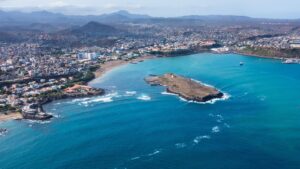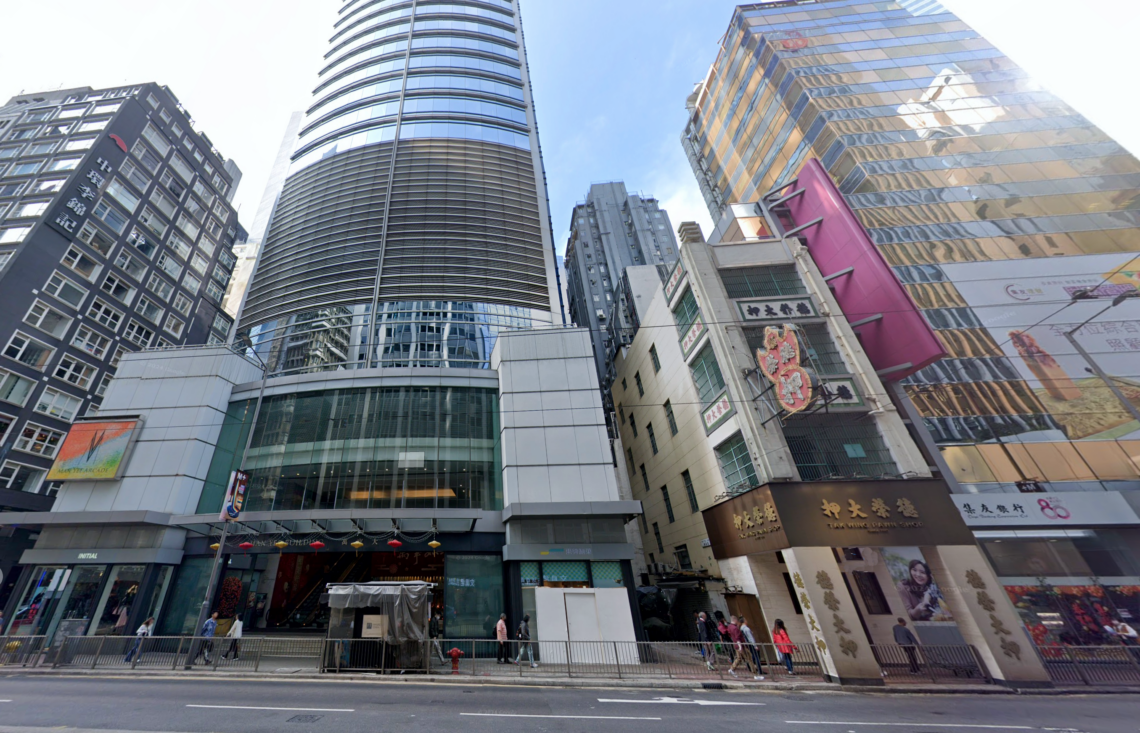Tuesday, 21 May 2024 – 11:16 AM ET
Fitch Ratings – Hong Kong – 21 May 2024: Fitch Ratings has raised Cape Verde’s long-term rating to ‘B’ from ‘B-‘. The outlook is stable.
Key drivers of the rating upgrade
Rating upgrade: The rating upgrade reflects Cape Verde’s strong economic growth and solid fiscal performance, which will support fiscal consolidation and the government’s declining debt trajectory over our forecast horizon.
Continued strong growth in the tourism sector, which will exceed pre-pandemic levels in 2023, will support economic activity, as will improving external finances in the form of a narrowing current account deficit and adequate international reserves.
Cape Verde’s rating is also supported by a relatively high share of concessional financing and stronger governance indicators than its peers. However, these factors are offset by still very high levels of public and external debt, large contingent liabilities of the sovereign and the economy’s high dependence on tourism.
Strong growth outlook: We expect growth to remain robust between 2024 and 2025, averaging 4.7%, up from 5.1% in 2023, driven by continued growth in tourist arrivals and high levels of tourism-related foreign direct investment (FDI). Private consumption will also benefit from the strong performance of the tourism sector, which accounts for around 40% of total employment. Household spending will be further supported by declining inflation, which will average 2.0% in 2024-2025 (down from 3.7% in 2023), reflecting the normalisation of imported food and fuel prices.
We expect growth in tourist arrivals to be driven by the development of new markets, including Eastern Europe. This will be supported by improved connectivity and efforts to diversify away from the traditional all-inclusive segment, partially mitigating risks from potential shifts in tourism demand from Cape Verde’s main source markets (mainly Western Europe).
Other positive aspects enhance Cape Verde’s stability and reliability as an investment destination. Fiscal consolidation: Cape Verde has achieved an exceptional budget surplus. IMF external financing support, debt reduction, tourism, reserve coverage, a stable banking sector and, last but not least, governance are important.
See below for more information, or read the original Fitch Ratings article here.
Want to know more? Read on below:

Return to gradual fiscal consolidation: Cape Verde achieved an exceptional fiscal surplus of 0.1% of GDP in 2023, after a deficit of 3.7% in 2022. This was largely due to temporary factors: low capital expenditure realisation and one-off revenues from the airport concession. However, the reversal of these factors, together with higher public sector wages, may weaken the fiscal position in the short term.
Nevertheless, Cape Verde is making progress in revenue mobilisation through the consistent implementation of administrative measures aimed at broadening the tax base and increasing compliance. Combined with strong economic activity, this should lead to a modest increase in revenue/GDP between 2024 and 2025 and help keep deficits under control. Fitch forecasts deficits of 1.6% of GDP in 2024 and 1.1% in 2025, compared with a ‘B’ median forecast of around 3% in 2024-2025.
External financing support from the IMF: Fitch projects Cape Verde’s gross external financing needs to be 10.4% of GDP in 2024, down from 11.8% in 2023, including external amortisation of 3.6% (3.9% in 2023). Cape Verde’s external financing needs will continue to be met mainly by the official sector, including the World Bank and the IMF.
Cape Verde’s third review under the IMF’s Extended Credit Facility in early 2024 showed a strong performance, with all quantitative performance criteria and program-supported structural reforms being met. The IMF approved an 18-month arrangement for USD 31.45 million under the Resilience and Sustainability Facility.
Debt reduction; contingent liability risks: We expect Cape Verde’s public debt to decline to around 104% of GDP by 2025, from an estimated 115% in 2023 and 126% in 2022 (and compared with the ‘B’ median of 52%), reflecting a combination of strong nominal GDP growth and a shift to primary surpluses. Fitch expects external interest payments to be just over 3% of external revenues and 8% of government revenues in 2025, reflecting the high concessionality of external debt and the structural liquidity of the local banking sector, which benefits domestic funding costs.
The main risk to public finances stems from contingent liabilities related to state-owned enterprises (SOEs). At end-2023, SOE liabilities amounted to almost 47% of GDP, of which around 9% of GDP was guaranteed by the government. The government is trying to reform the sector through a combination of privatisation and recapitalisation. However, the high level of SOE liabilities and the slow pace of implementation of sector reforms pose a potential risk to public finances.
Tourism reduces external deficits: We expect the current account deficit to narrow from 3.3% in 2023 to 2.1% in 2025. Further growth in tourism receipts (estimated at USD 314 million in 2023) could widen the services trade surplus to 17.9% of GDP by 2025 (from 16.6% in 2023), while lower global energy and food prices could narrow the goods trade deficit to 33.6% of GDP (from 35.4% of GDP). We expect FDI in the tourism sector to remain strong as major operators in the sector look to increase capacity ahead of the expected surge in arrivals.
Adequate reserve coverage: Fitch expects Cape Verde’s international reserves to reach around US$900 million by 2025, from over US$800 million in 2023 (over six months of current external payments), driven by continued strong tourism receipts and net FDI inflows. Adequate international reserves and the long-term nature of external liabilities reduce risks to the escudo’s peg to the euro, which have increased in recent years as domestic interest rates have fallen relative to the euro area.
Stable banking sector: The domestic banking sector in Cape Verde has proved resilient to changes in the Bank of Cape Verde’s monetary policy. The bank has raised the policy rate three times to 1.5% since May 2023, but the banking sector has remained stable and adequately capitalised. We expect the interest rate differential with the ECB (300bp) to narrow as we expect the ECB to cut rates three times to 3.75% by the end of the year.
ESG – Governance: Cape Verde has an ESG Relevance Score (RS) of 5[+] for both political stability and rule of law, institutional and regulatory quality, and control of corruption. These scores reflect the high weight given to the World Bank Governance Indicators (WBGI) in our proprietary sovereign rating model. Cape Verde’s high WBGI score of 69 reflects its long history of stable and peaceful political transitions, well-established rights to participate in the political process, strong institutional capacity, effective rule of law and low levels of corruption.




